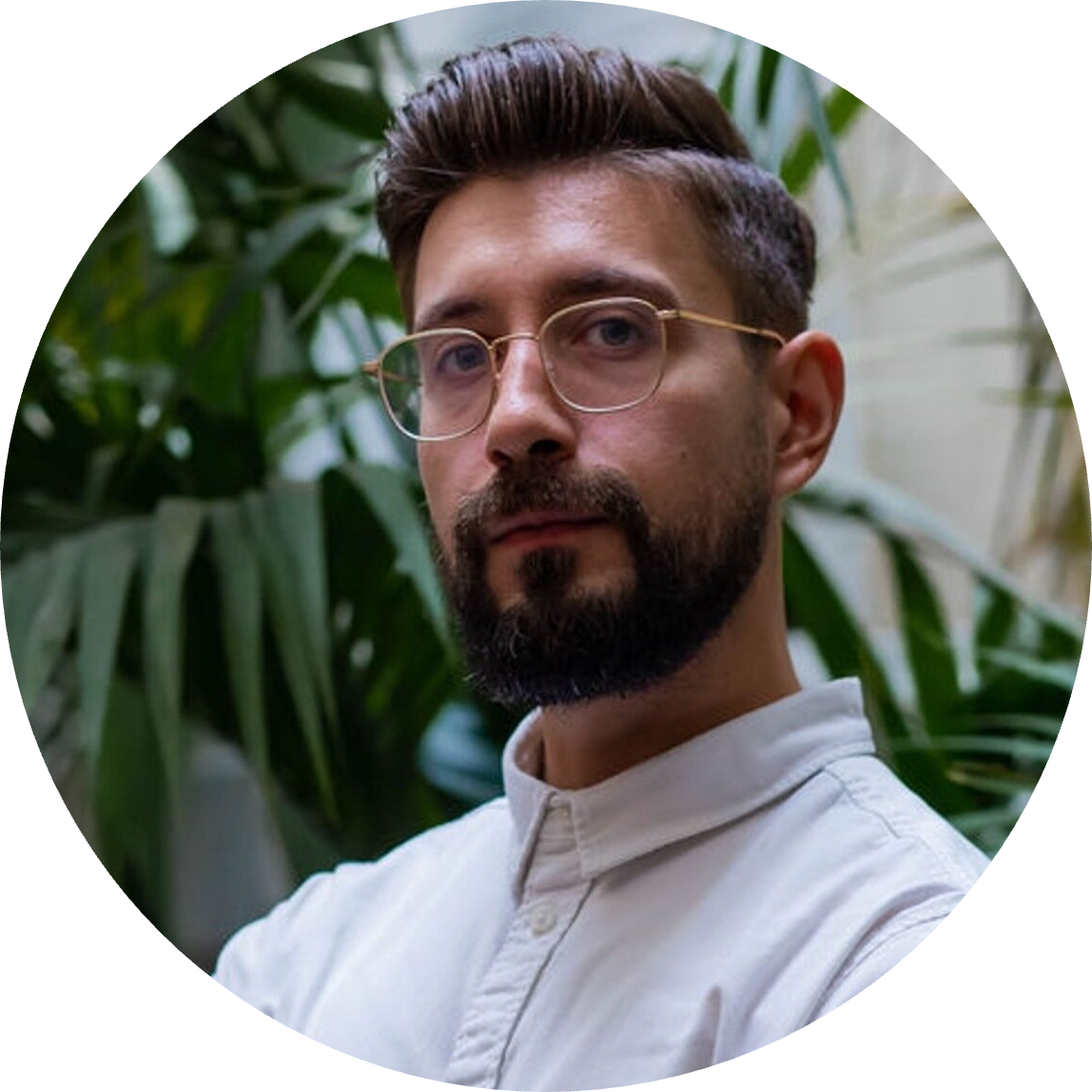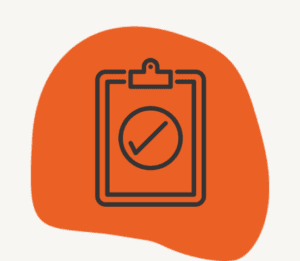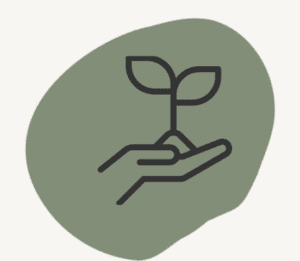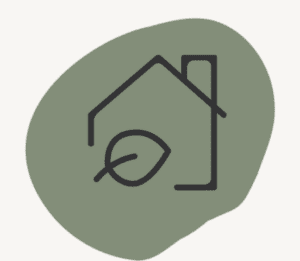Here at isla we think it’s important to practice what we preach, so in this series we take a deeper dive into what sustainability really looks like on the ground for members of the isla team. This week we hear from our Community & Stakeholder Engagement Manager, Alex Camacho.

Sustainability loves
Food: The reduced section in any supermarket. Save the planet, taste the value.
Drink: Zero Waste cocktails (in copious amounts). Research the topic and see if you can serve some at your next event 🙂
Fashion:
- One of the spiciest vintage shirt collections you’ll ever see (the grey t-shirts on training calls are a red herring).
- 100% recycled Patagonia bum-bag (the key-clip has saved my ass more times than I can mention)
Product/Service: Triodos Bank finance companies that focus on people, the environment or culture.
Location: Glastonbury (can’t get away from the impact of 200k people in a field, but in terms of the ‘spirit’ of sustainability)
Quote: “Even a wounded world is feeding us. Even a wounded world holds us, giving us moments of wonder and joy. I choose joy over despair. Not because I have my head in the sand, but because joy is what the earth gives me daily and I must return the gift.” – Robin Wall Kimmerer
How do you ‘do’ sustainability in your own life?
I have some strong opinions on this topic that not everyone might agree with. I definitely believe that, as individuals, every little helps; reducing our red meat consumption, reducing our use of single-use items, reducing our car and plane travel etc. However, if you really want to make an impact, I’d say rather than focusing on oat milk and taking a jar to the zero-waste shop, you’d make a much bigger impact in applying any knowledge, skills and passion that you have towards making a difference in your local community. Educate yourself about the environmental and/or social issues in your local area, find out which organisations are already working on them and how you might best be able to help. If a group doesn’t exist, do you know any like-minded people who would like to start one? Are there any other local groups in your region that you could share challenges and solutions with? Then scale up that impact! The whole purpose of the isla network is that we’ll make a bigger impact as a collective than as individuals.
We all face myriad personal challenges and we’re all constantly pulled in a million different directions, but there’s infinitely more that all of us (including myself) could do. The first step on that journey is finding out a bit more about what those things actually are.
How do you connect to the natural environment?
I’m a city person at heart, but I love going to the beach, or hiking in the woods or hills. I hope to make more time for such activities!
What one event that you attended really impressed you in terms of sustainability credentials and why?
Boom, Idanha-a-Nova, Portugal. While I’m not big on PsyTrance or spiritualism (more of an Italo disco / sci-fi connoisseur myself), this festival is a truly special place. Alongside my duties with isla, I also work from time to time a Sustainability Assessor for an organisation called A Greener Festival. Last summer I had the pleasure of visiting this unique setting in order to evaluate their environmental and social practices.
Boom’s mission is:
…to protect and regenerate our precious Earth
It’s not only about cleaning up after ourselves: it’s about leaving Nature in a better state than when we found her. Like every other human action, Boom, too, is accountable for its impact on the natural and social environment.
Ecological consciousness is a top priority before, during and after the event. Our aim is to use the opportunity of a large-scale event, all the while supporting nature’s regeneration in the months before and after the festival to raise awareness amongst Boomers.
The organisers actually own the land on which the festival takes place – the ‘Boomland’ – meaning they can invest in regenerative projects all year round. Globally, they’re considered one of the most forward-thinking festivals with regards to sustainability, with several of their innovations having gone on to inform government and community practices on a regional and national level.
I learned an immense amount from the organisers over the course of my three-day visit, touring the entire site and experiencing their initiatives up-close. Meanwhile, beyond the assessment, I still had plenty of time to join in the revelry and gaze up at the beautiful star-lit sky 🙂
What was your biggest aha moment when it came to climate change/the environment?
I’ve been going to Glastonbury since 2007 and worked in the music industry for ten years until I grew a little disillusioned by the lifestyle that came with the profession. By 2019 I was looking for a different direction in my events career, but couldn’t quite find the answer. On a sunny Sunday afternoon that year at Glastonbury, Sir David Attenborough gave a powerful speech from the Pyramid Stage and, despite my inebriation, everything suddenly made sense. When I came home, I searched for Masters courses in sustainability, applied at Maastricht University, and two months later I’d moved to the Netherlands to study for a year.
Full disclosure; prior to that course, I wasn’t particularly sustainably-minded. I was reasonably interested in the topic, but probably knew as much about it as the average Guardian reader. However, after you go through an educational experience like that, you learn a great deal of things that you can’t unlearn. The climate crisis doesn’t keep me up at night, I still live my life, but I left Maastricht imbued with a sense of responsibility and purpose that hadn’t felt before. It was a true privilege to receive the knowledge and skills that I did, and to share experiences and ideas with 80 passionate students from over 20 countries – this is not an opportunity that everyone gets. So, whatever I do for work in the future, if it doesn’t include a positive impact angle, environmentally or socially (or both), then I’d feel like I was wasting everything that I learned (and continue to learn).
Tell us something unusual about your sustainability journey…
I recently/regrettably befriended an extremely drunk builder from Milton Keynes in the beer garden of a Whitechapel pub because I overheard him talking about the BREEAM building sustainability certification and thought I’d inquire further. Discerning a kindred spirit, the gentleman in question proceeded to bombard me with an inescapable barrage of BREEAM factoids, seamlessly segueing into Mastermind levels of knowledge about the Milton Keynes (the ‘city of the future’ apparently) Carbon Neutral by 2030 strategy, followed by a long tangent about his substantial social capital within the city – “Tell them Larry sent you!”
20 minutes of my life that I’ll never get back.
What’s on your sustainability to-do list?
My family are Portuguese and I moved from a five-year stint in Berlin to Lisbon in 2021. Despite all of the wonderful things the city has to offer, several of the most treasured live music venues have closed over recent years. Although Lisbon has a thriving creative community, there are much fewer places for up-and-coming musicians to hone their craft than in other European capitals. My dream here is to help set up a new music venue and community space, with environmental and social sustainability embedded into every possible inch of its ethos and operation.
Read more:
My Sustainability Story: Malcolm Leach
My Sustainability Story: Susanna Zema
My Sustainability Story: Alex Schlacher
My Sustainability Story: Emily Shephard
My Sustainability Story: Megan Harris
My Sustainability Story: Kat Bednarczyk
My Sustainability Story: Rebecca Lardeur
Our latest news













